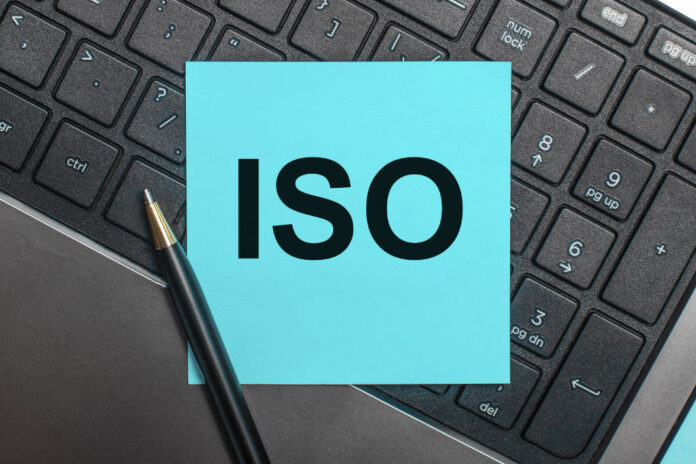The market is increasingly competitive, and companies that stand out for their commitment to quality, sustainability, and transparency not only gain the trust of their customers but also a significant advantage in revenue. Obtaining certifications is one of the most effective ways to guarantee this competitive edge.
What does it mean to certify your company?
Certifying a company means validating its processes, products, or services according to nationally and internationally recognized standards. These standards may relate to quality management (ISO 9001), environmental sustainability (ISO 14001), workplace safety (ISO 45001), social responsibility (SA 8000), or other aspects that vary according to the sector in which the company operates.
And how does this impact revenue?
- Attracting clients and securing contracts: Certified companies convey credibility, increasing the chances of attracting new clients and closing deals with large corporations. In some cases, certifications are mandatory requirements for participating in tenders or establishing partnerships with suppliers.
2. Customer loyalty: Trust is one of the pillars for retaining customers in the long term. Certifications serve as guarantees that your company adopts good practices, delivering value consistently.
3. Increased efficiency and reduced costs: During the certification process, companies typically review and improve their internal processes, reducing waste and optimizing resources. These improvements directly impact the profitability of the business.
4. Brand Enhancement: Certifications highlight your company in the market, creating an image of excellence and commitment. This positive perception adds value to your product or service, allowing you to offer more competitive prices.
5. Expansion into new markets: International certifications, such as those in the ISO series, can open doors to foreign markets. Furthermore, many certifications are essential for exporting, significantly increasing your company's reach.
How do you get certified for your business?
Before starting the certification process, it's crucial to assess the areas where your company wants to excel and identify the most relevant standards for your industry. Here are some important steps:
1. Initial diagnosis: Assess your company's current level of compliance with the requirements of the desired certification.
2. Team training: Certifications are only possible with the engagement of the entire team. Invest in training to ensure understanding and adherence to the new standards.
3. Process optimization: Implement the necessary improvements to meet the certification requirements.
4. Audits: Conduct internal audits before inviting a certification institution. This helps identify potential areas for improvement.
5. Choose the certification body : Make sure that the institution you choose is recognized by the market and accredited by competent bodies.
Investing is a smart strategy that positively impacts your company's revenue, efficiency, and reputation. As a business owner, I see certification not as a cost, but as an investment that yields consistent and lasting returns. The competitive advantage your company gains by getting certified not only expands business opportunities but also consolidates its market position. After all, recognized quality generates trust, and trust generates results.


